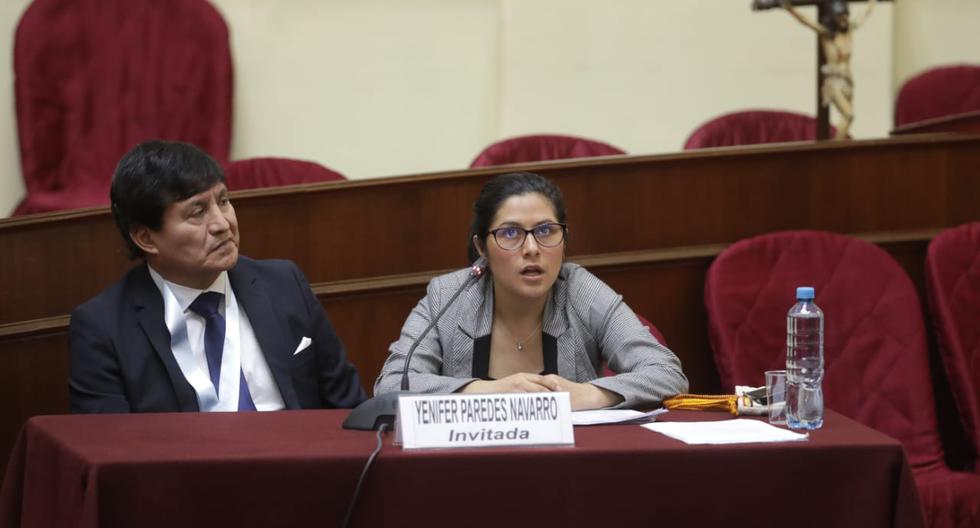It is a nine-year-old girl and it is presumed that the infection occurred through direct contact with birds that carried the virus.
The Ministry of Public Health (MSP) of Ecuador confirmed the first case of influenza A-H5 (avian flu) in humans. She is a nine-year-old girl, who lives in the province of Bolívar, in the center of the country.
“It is presumed that the infection occurred through direct contact with birds that carried the virus,” says the MSP in a statement.
The minor is currently hospitalized in a health center in Quito, the capital of the country, and is stable.
#Official Statement | @Salud_Ec maintains active surveillance in case of avian flu in humans, registered in the province of Bolívar.
More information ⬇️ pic.twitter.com/K1RUsKgWE0
— Ministry of Public Health (@Salud_Ec) January 11, 2023
The MSP indicated that, together with the Phytosanitary and Zoosanitary Regulation and Control Agency (Agrocalidad), it erected an epidemiological fence, both human and animal, in the identified risk areas, to carry out the tests on the girl’s relatives and close people.
“So far no cases have been reported in humans”details the state portfolio in its statement, in which it also indicates that vaccines against human influenza have been applied to populations at risk and to people in contact with poultry.
The public entity recommends that the population strengthen biosecurity measures, such as hand washing, the use of a mask and vaccination. Also, that they go to the nearest health center if they present some symptoms such as fever, cough and sore throat.
Likewise, it asks citizens to report if they know of cases of farms or homes where they observe sick or dead birds.
The MSP recalls that “the consumption of chicken meat and eggs do not represent a risk none for human health.
animal health emergency
At the end of November, Ecuador declared the animal health emergency for 90 days due to avian influenza, after identifying an outbreak at a poultry production farm in the province of Cotopaxi, in central Ecuador. In December, it reported that more than 300,000 birds had been infected.
Last Monday, the Ministry of Agriculture and Livestock (MAG) made it known two new outbreaks detected, one on a farm in Cotopaxi and another in backyard birds in Bolívar.
The head of the MAG, Bernardo Manzano, said that the corresponding epidemiological fences were immediately implemented and samples were taken for analysis.















